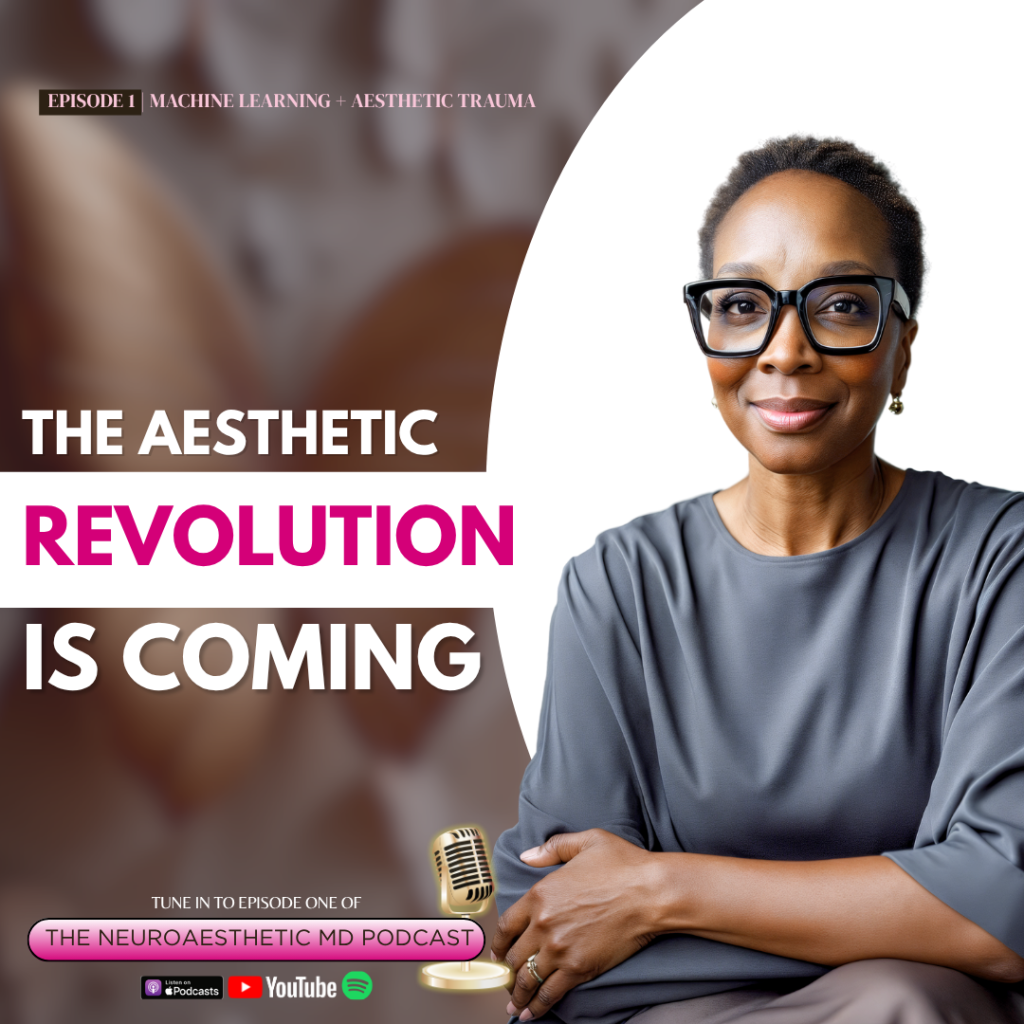She feels her heart racing during an argument. Her stomach is tight, her throat dry, her face flushed. But when her partner asks, “What’s wrong?” no words come. Just silence.
This is what alexithymia feels like. It’s not the absence of emotion. It’s the absence of access. The body speaks, but the words to describe the feelings stay locked inside.
For many women, this silence grows louder during midlife. Hormones shift, stress builds, and years of “pushing through” start to catch up.

What Is Alexithymia?
Alexithymia is the difficulty identifying and describing emotions. You may know when your heart is racing, your shoulders are tense, or your stomach feels heavy. But when asked to name the feeling behind those signals, your mind goes blank.
That blankness is not coldness. It’s alexithymia.
Research shows alexithymia affects up to 85% of autistic women and is also common in women with ADHD (Murphy, et. Al., 2018). If you’re neurodivergent, this disconnect isn’t a personal failing—it’s how your nervous system may naturally process emotions.
Interoception vs. Alexithymia
It helps to know the difference between the two.
- Interoception is your awareness of body signals. It’s noticing your heart beating fast, your skin warming, or your stomach growling.
- Alexithymia is the struggle to connect those signals to emotions. A tight jaw might be stress or anger, but the link isn’t clear.
You may know when you’re hot, cold, or hungry. But when someone asks how you feel, your body and words don’t line up.
Why Midlife Makes the Disconnect Worse
Menopause makes body signals louder. Hot flashes, night sweats, fatigue, and mood swings can all leave you feeling unsteady. At the same time, years of holding it all together—at work, at home, in relationships—may have trained your body to ignore or silence its own needs.
The hormones that help your brain process body signals clearly, like estrogen and thyroid hormones, change dramatically during menopause (Goerlich & Votinov, 2023). This can make the gap between what your body feels and what your mind recognizes even wider.
Add in a history of stress or trauma, and the result can be a deeper disconnect. Many women don’t notice emotions until the body “screams” with pain, migraines, or intimacy struggles.
It’s not weakness. It’s your body’s way of asking for a new kind of attention.

How Trauma and Stress Play a Role
If emotions were unsafe or dismissed when you were younger, your body may have learned to mute its signals for survival. Over time, this can sever the bridge between body sensation and emotional meaning.
As psychiatrist Bessel van der Kolk explains in The Body Keeps the Score, trauma doesn’t disappear. It lives in the body, often surfacing as chronic pain, fatigue, or disconnection.
For neurodivergent women, this is often compounded by years of masking or suppressing natural responses to fit in (McQuarrie, et. Al., 2023). The body learns to stay quiet as a form of protection.
Four Everyday Rituals to Reconnect
The good news: you can rebuild the bridge. These simple rituals invite your body and emotions back into conversation.
1. The Color Check-In
At the end of the day, ask: “If my body had a color right now, what would it be?” No need to name an emotion. Let the color stand in for your feelings.
2. Sensation Journal
Instead of asking, “How do I feel?” try, “What is my body telling me?” Write down: “My shoulders feel tight. My stomach feels heavy. My skin feels warm.” Emotions often reveal themselves after the sensations are noticed.
3. The Hand-to-Heart Pause
Place one hand on your chest and the other on your stomach. Take a slow breath. Ask yourself: “Am I on edge? Shut down? Or steady?” Naming your state helps your body feel safer.
4. Wordless Sharing
With your partner, skip the forced talk. Each of you pick an object, color, or image that reflects your current state. This bypasses pressure when words feel out of reach.
It’s Not Just Aging — It’s an Invitation
If your fatigue, pain, or intimacy struggles don’t match your spirit, it’s not “just aging.” It’s not that you don’t care. It’s that your body and emotions have lost their bridge.
The hopeful truth is that you can rebuild it. With small daily practices and gentle awareness, you can reconnect with yourself—and with those who matter most.
Gentle Next Step
If you’ve been wondering why your energy feels drained or your intimacy feels distant, start here:
👉 Take the Quiz: What’s Blocking Your Menopause Energy & Intimacy?
It’s a simple way to uncover what may be pulling the plug on your connection and how to begin resetting.
References
- Craig, A. D. (2009). How do you feel, now? The anterior insula and human awareness. Nature Reviews Neuroscience.
- Murphy, J., Catmur, C., & Bird, G. (2018). Alexithymia Is Associated With a Multidomain, Multidimensional Failure of Interoception: Evidence From Novel Tests. Journal of Experimental Psychology: General, 147(3), 398–408.
- Scarpina, F., & Bruno, G. (2020). Alexithymia and somatization in chronic pain: A systematic review. Frontiers in Psychology.
- Goerlich, K.S. and Votinov, M. (2023). Hormonal abnormalities in alexithymia. Frontiers in Psychiatry, 13, 1070066.
- van der Kolk, B. (2014). The Body Keeps the Score.
- McQuarrie A.M., Smith, S.D. & Jakobson, L.S. (2023). Alexithymia and sensory processing sensitivity account for unique variance in the prediction of emotional contagion and empathy. Frontiers in Psychology.










